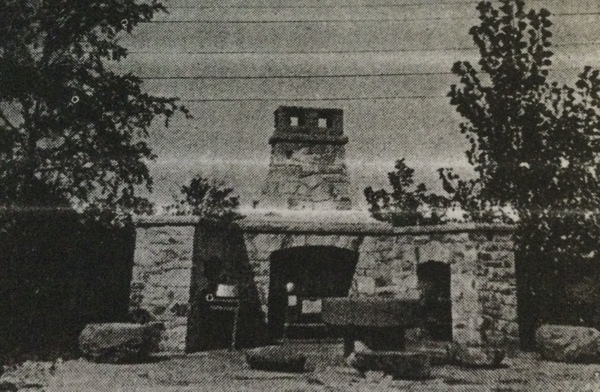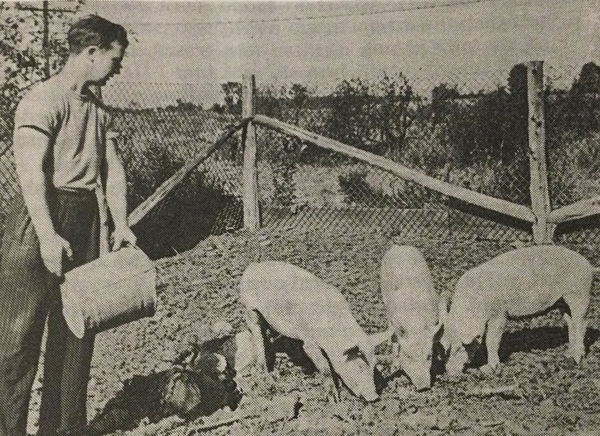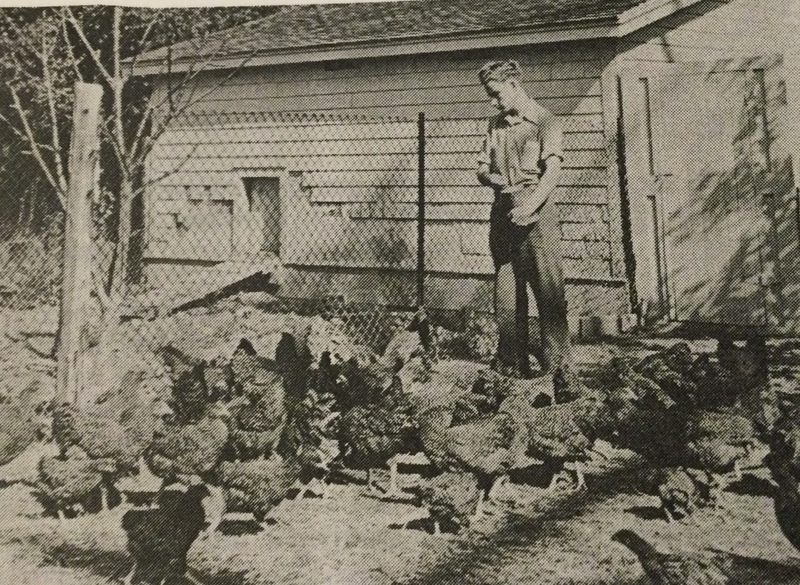The War Years
The school survived the war years with a reduced staff. Mr. Broman left in 1943 and George Pickard kept the school going. John Oakes then took over as a Horticulturalist and School Superintendent.
Rules were changed and students who were not old enough for military training were accepted by the school. This broadened the age range of students. Some of the students left the school to do military service, but most of them returned to the school after the war. In the spring and summer of 1945, men who had been in the service were given the opportunity of completing the course in two years, rather than three. Young men who had engaged in active service during the war were given preference in regard to admissions.
Money and supplies were not readily available during that time so students grew many of their own vegetables and herbs. Food and flowers were also sent to restaurants in the Park system. Students canned their own produce on an outdoor stove. There was a pigpen with six pigs which were fed scraps from the kitchen. The students ate a lot of pork during the war years. They also kept chickens for eggs and meat.
It was reported that children in England were going hungry due to the bombing. The school planted ten acres of Swedish brown beans which were dried out and sent to schools in Britain.


